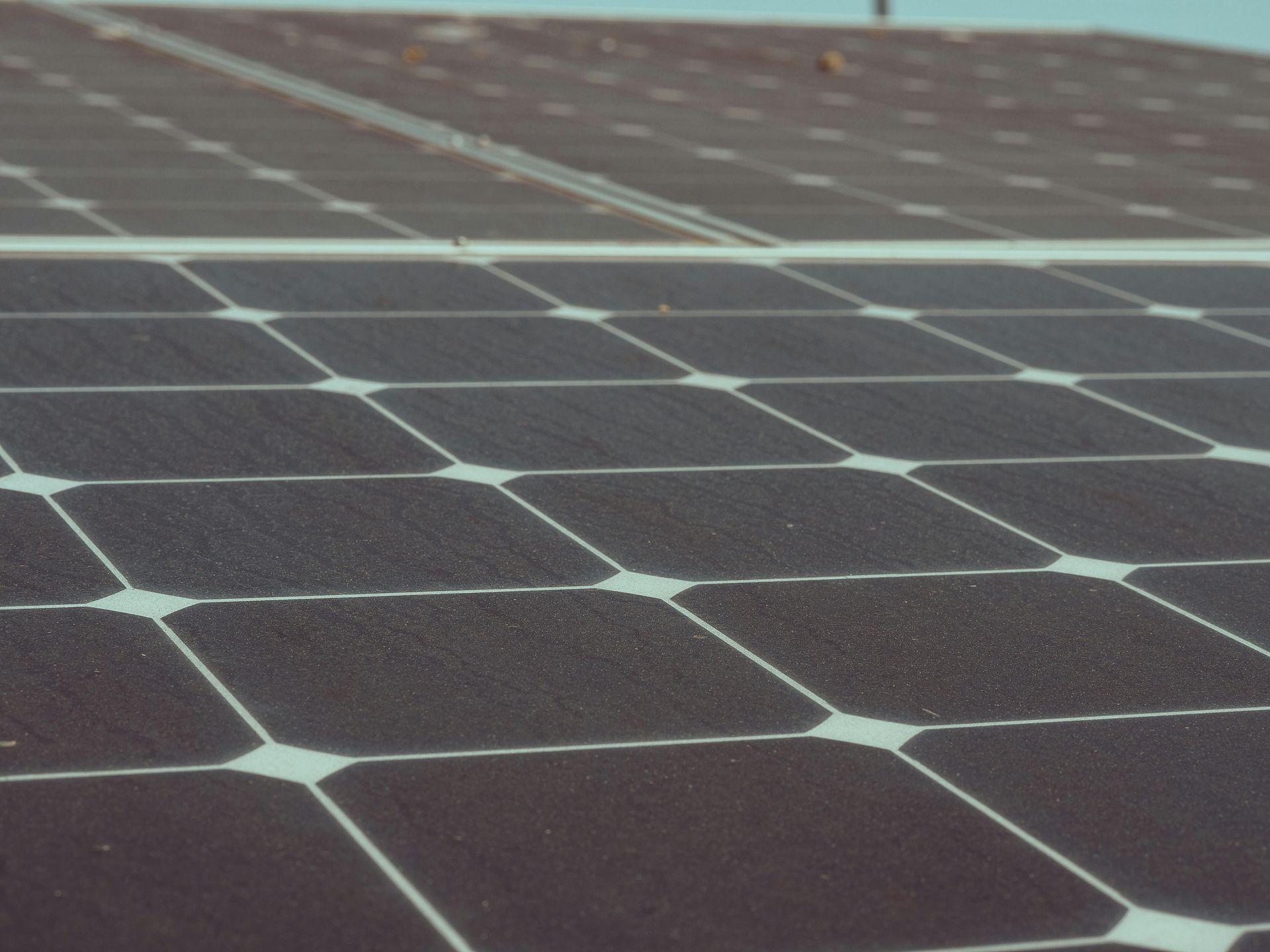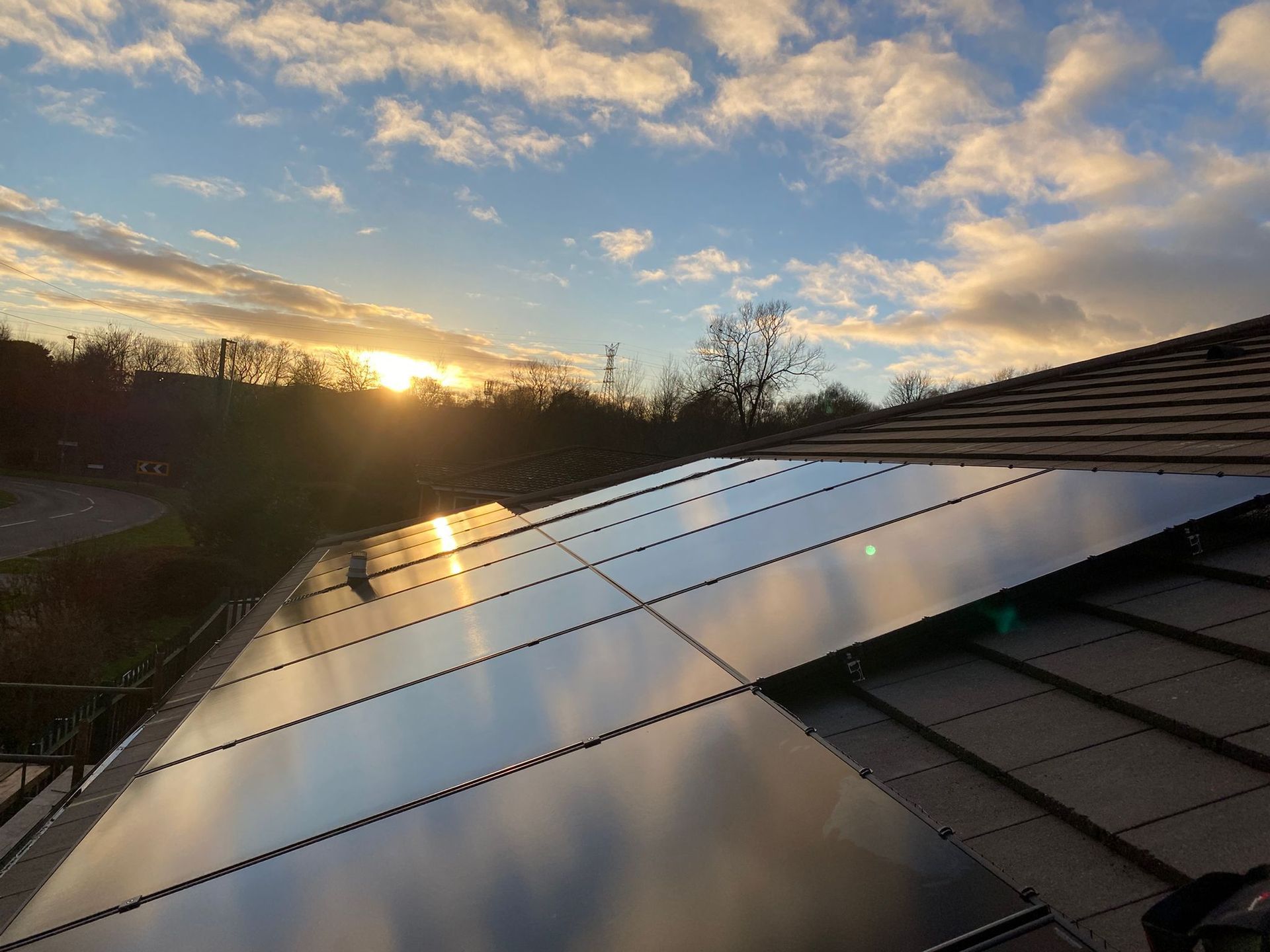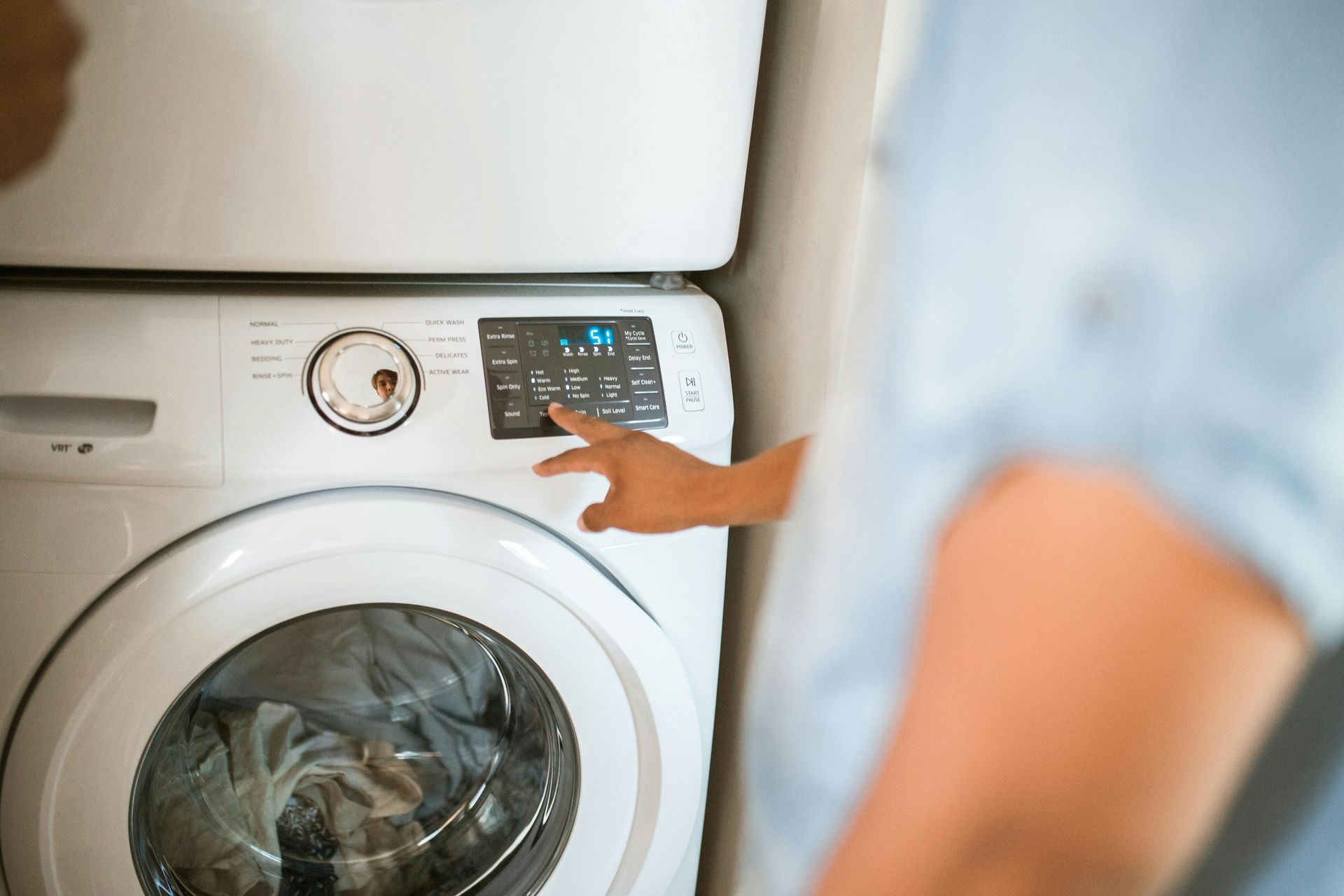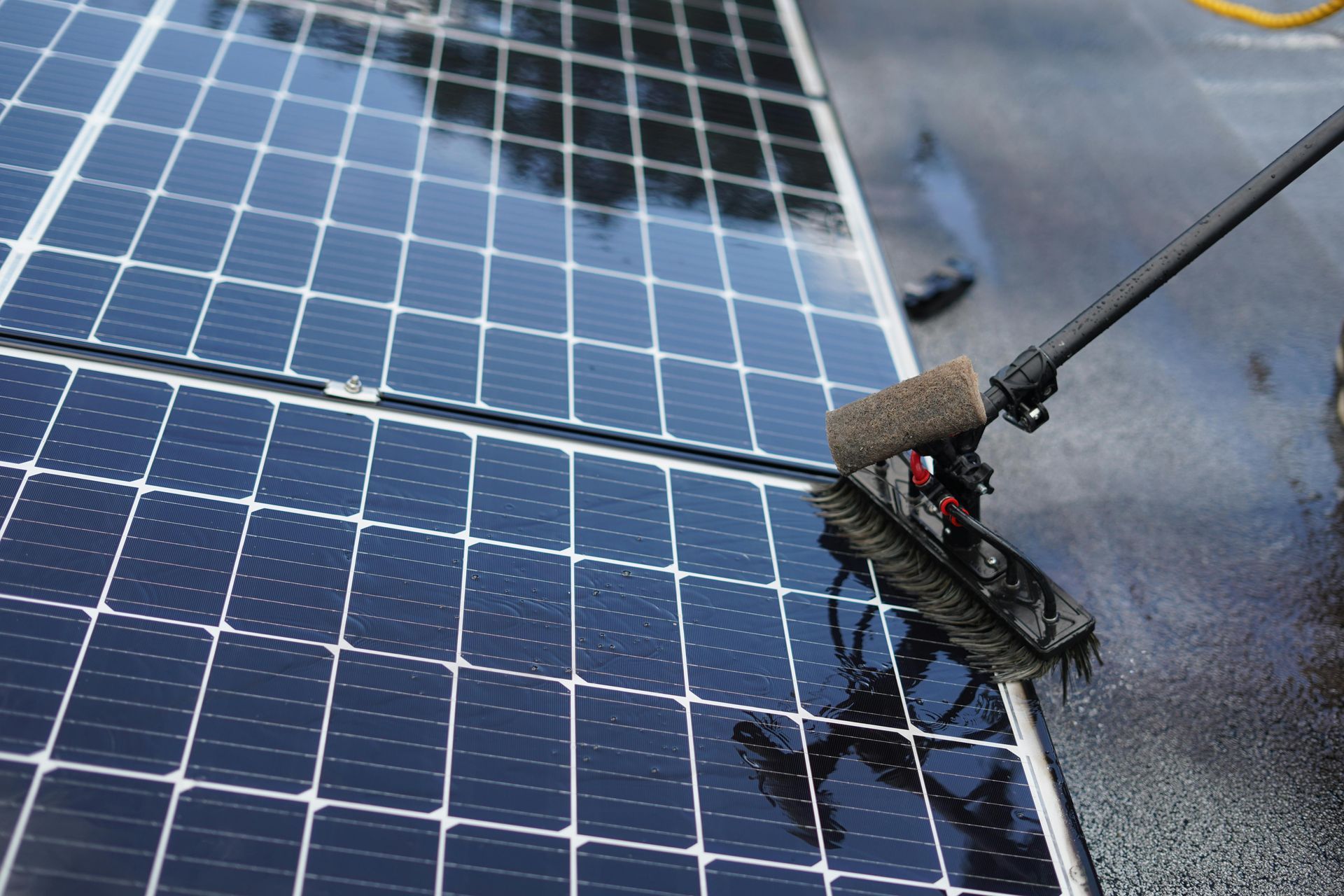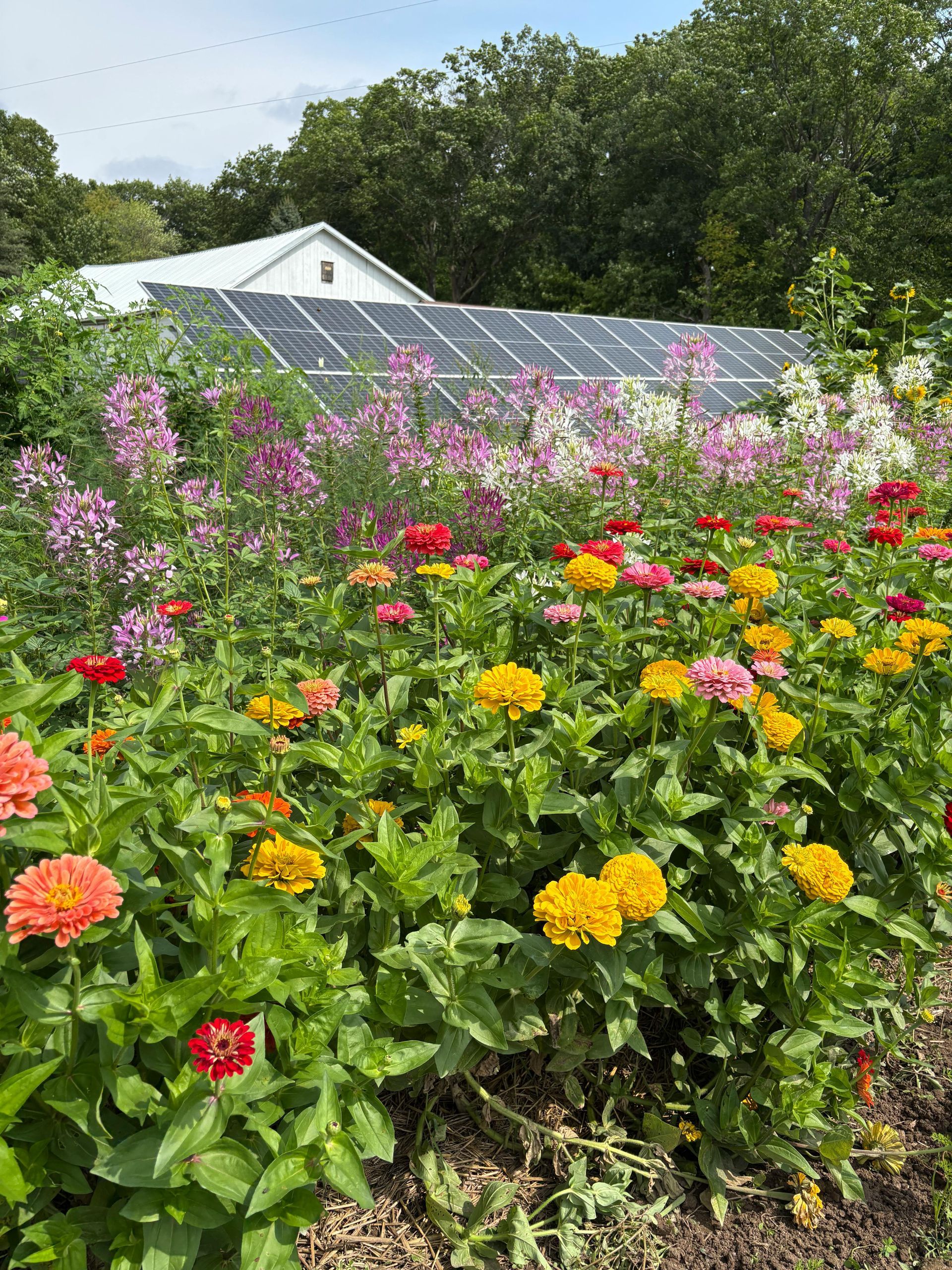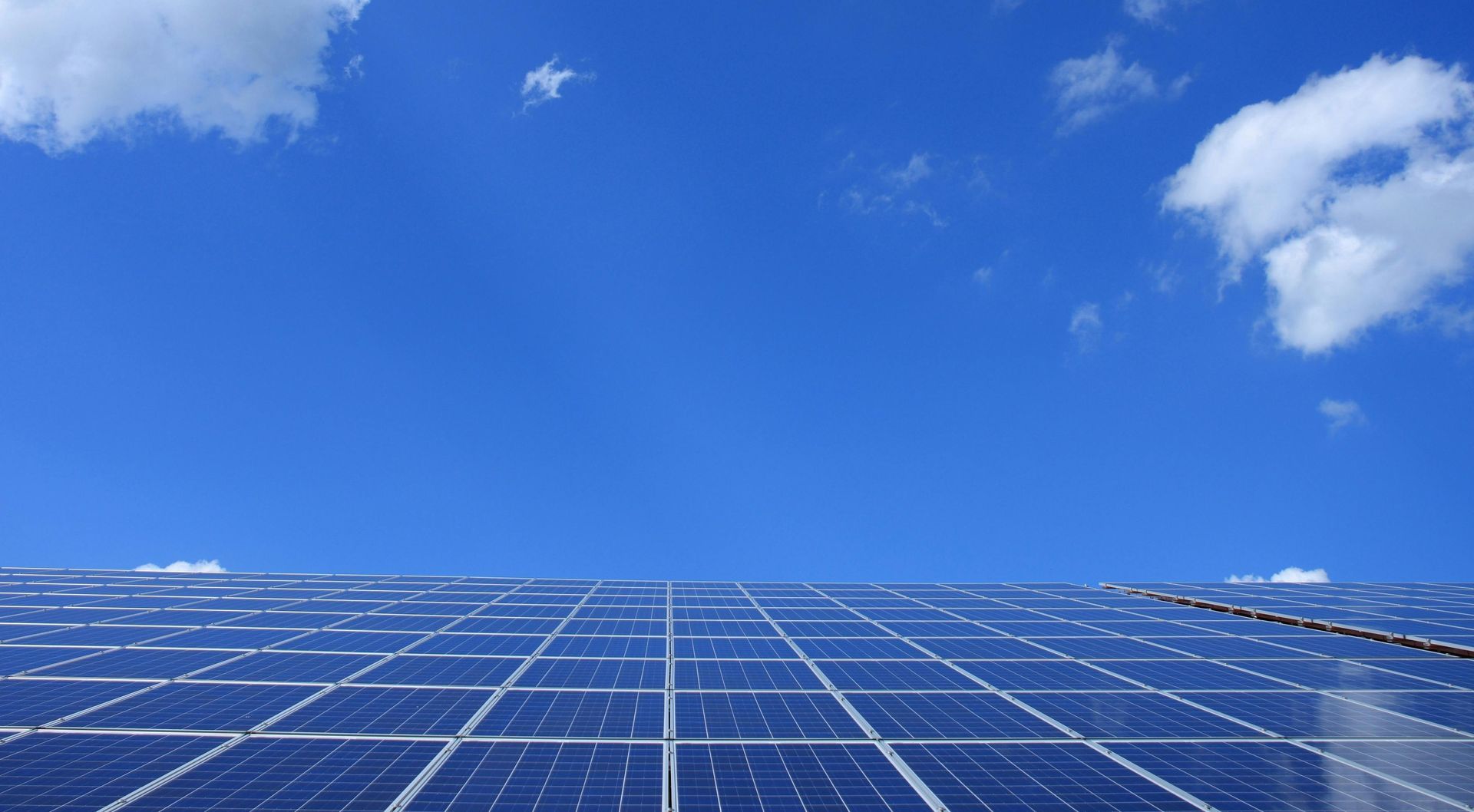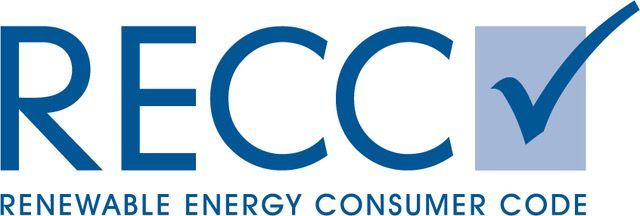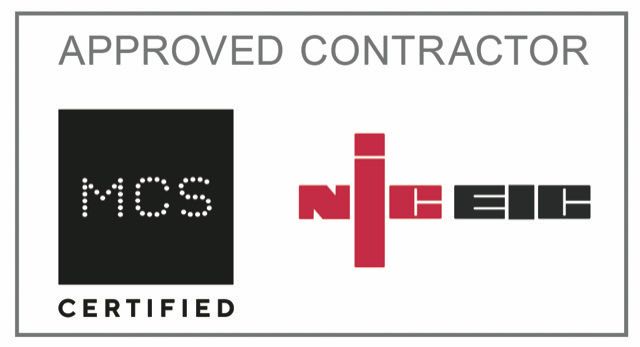The Role of Solar Battery Technology in Your Home
Understanding And Maximising Solar Energy Benefits
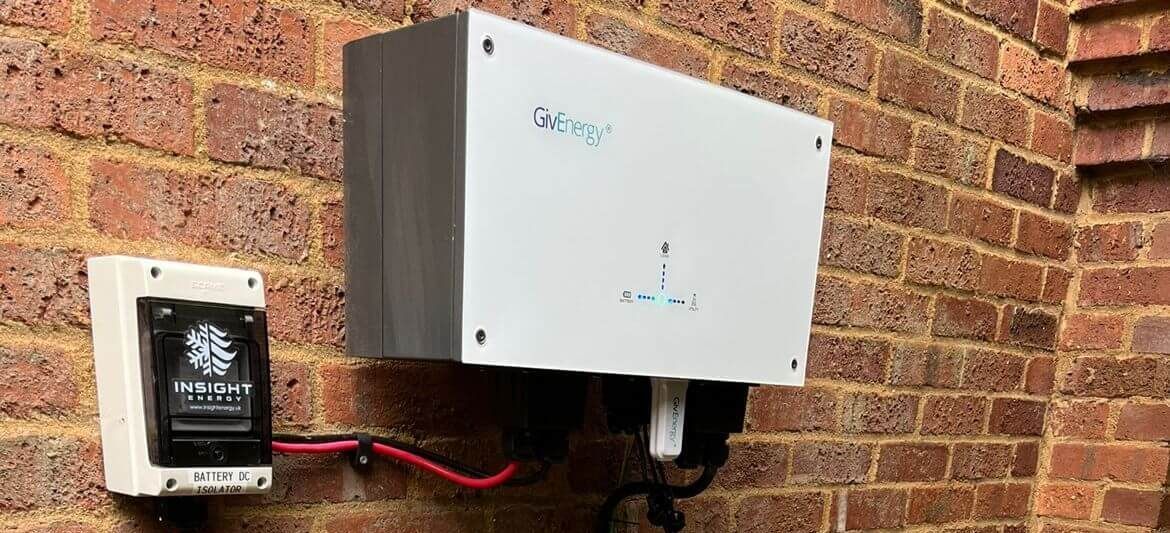
As the world increasingly turns to renewable energy sources, homeowners are keen to explore the advantages of integrating solar technology into their households. The growing interest in home solar energy systems is driven not only by environmental concerns but also by the potential to reduce energy bills and increase energy independence. A crucial component of these systems is solar battery technology, which plays a pivotal role in optimising solar energy benefits. By incorporating battery storage solutions, homeowners can efficiently store excess energy generated during sunny days for use during the night or on overcast days, thereby maximising the utility of their solar installations. If you're not sure about the transformative impact of renewable energy storage on domestic solar setups then this blog can help.
What is Solar Battery Technology?
Solar battery technology refers to the systems used to store excess energy generated by solar panels for later use. These batteries act as a reservoir, capturing surplus electricity produced during peak sunlight hours. The primary function of solar batteries is to bridge the gap between energy production and consumption. They enable homeowners to utilise solar power even when the sun isn't shining, such as during nighttime or on cloudy days. Modern solar batteries are typically lithium-ion based, offering high efficiency and long lifespan. They come in various sizes and capacities to suit different household needs and energy consumption patterns.
The Importance of Battery Storage in Homes
Battery storage plays a vital role in maximising the benefits of home solar energy systems. It provides energy independence by reducing reliance on the grid and offers a backup power source during outages.
With battery storage, homeowners can optimise their energy consumption by using stored solar power during peak electricity rate hours, potentially leading to significant cost savings. In addition, battery storage contributes to grid stability by reducing the strain on the electrical infrastructure during high-demand periods. This makes solar-plus-storage systems an essential component of a sustainable energy future.
Choosing the Right Solar Battery
Selecting the appropriate solar battery for your home involves several factors:
- Capacity: Determine how much energy you need to store based on your household consumption.
- Power rating: Consider the amount of electricity the battery can provide at once.
- Depth of discharge: Look for batteries with a higher depth of discharge for more usable capacity.
- Round-trip efficiency: Choose batteries with high round-trip efficiency to minimise energy loss.
- Lifespan and warranty: Opt for batteries with longer lifespans and comprehensive warranties.
It's crucial to consult with a solar energy professional like us to ensure you select a battery that aligns with your specific needs and solar system configuration.
Benefits of Home Solar Energy Systems
Home solar energy systems offer numerous advantages, from cost savings to environmental benefits. This section delves into how these systems can maximise solar energy benefits and reduce both energy costs and environmental impact.
Maximising Solar Energy Benefits
To maximise solar energy benefits, homeowners should focus on optimising their system's performance and energy usage patterns. This involves carefully sizing the solar array and battery storage to match household consumption. Implementing smart energy management systems can further enhance benefits by automatically directing excess solar power to battery storage or non-essential appliances during peak production hours. Regular maintenance and monitoring of the solar system ensure optimal performance and longevity, maximising the return on investment over time.
Reducing Energy Costs and Environmental Impact
Home solar energy systems significantly reduce electricity bills by decreasing reliance on grid power. In many cases, homeowners can eliminate their electricity bills entirely or even earn credits through net metering programmes. From an environmental perspective, solar energy systems substantially reduce a household's carbon footprint. By generating clean, renewable energy, these systems help combat climate change and reduce dependence on fossil fuels. The combination of solar panels and battery storage can provide resilience during power outages, ensuring a continuous supply of clean energy even in adverse conditions.
Exploring Renewable Energy Storage Solutions
As technology advances, renewable energy storage solutions are becoming increasingly sophisticated and efficient. This section examines recent innovations in solar battery technology and looks ahead to future trends in home energy storage.
Innovations in Solar Battery Technology
Recent innovations in solar battery technology have focused on improving efficiency, longevity, and safety. Some notable advancements include:
- Solid-state batteries: These offer higher energy density and improved safety compared to traditional lithium-ion batteries.
- Flow batteries: Ideal for larger-scale storage, these batteries can be easily scaled up and have a longer lifespan.
- Smart battery management systems: These optimise charging and discharging cycles to extend battery life and improve overall system efficiency.
These innovations are making solar battery storage more accessible and cost-effective for homeowners, further driving the adoption of renewable energy solutions.
Future Trends in Home Energy Storage
The future of home energy storage looks promising, with several trends emerging:
- Vehicle-to-home (V2H) technology: Electric vehicle batteries could be used to power homes during peak hours or outages.
- Artificial Intelligence (AI) integration: AI could optimise energy storage and usage based on weather forecasts and consumption patterns.
- Community energy storage: Shared battery systems could benefit entire neighbourhoods, improving grid stability and reducing costs.
As these trends develop, home solar energy systems with integrated battery storage are set to become an increasingly integral part of our energy infrastructure, paving the way for a more sustainable and resilient future. If you are researching solar energy and everything around it and have more questions, contact us and we'll be happy to discuss your needs in more detail.

